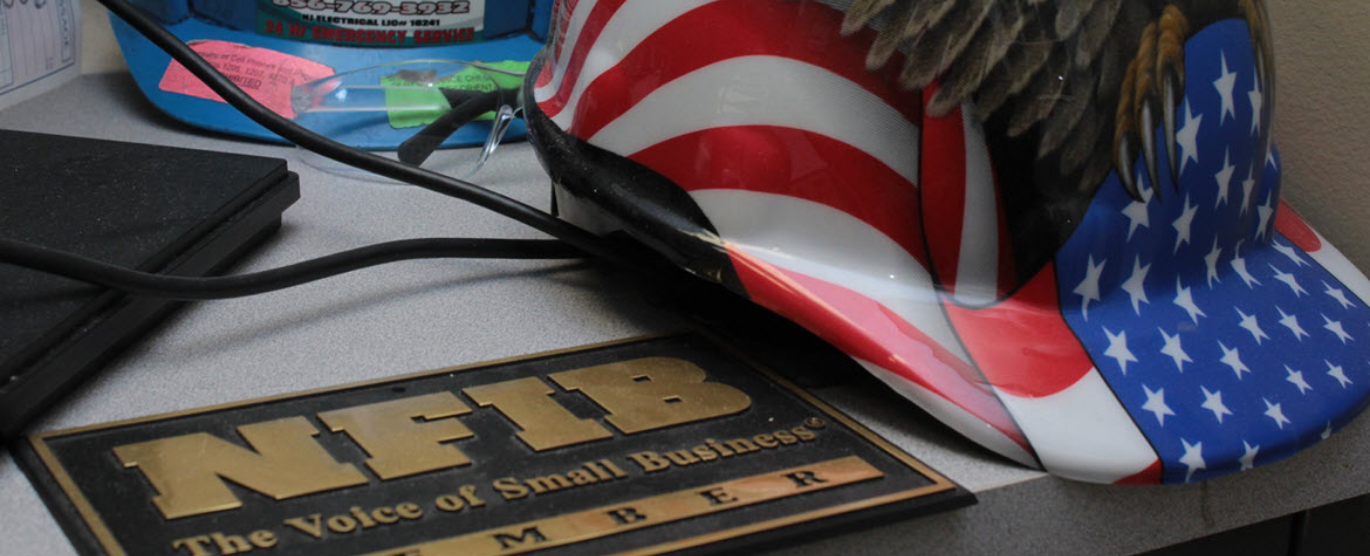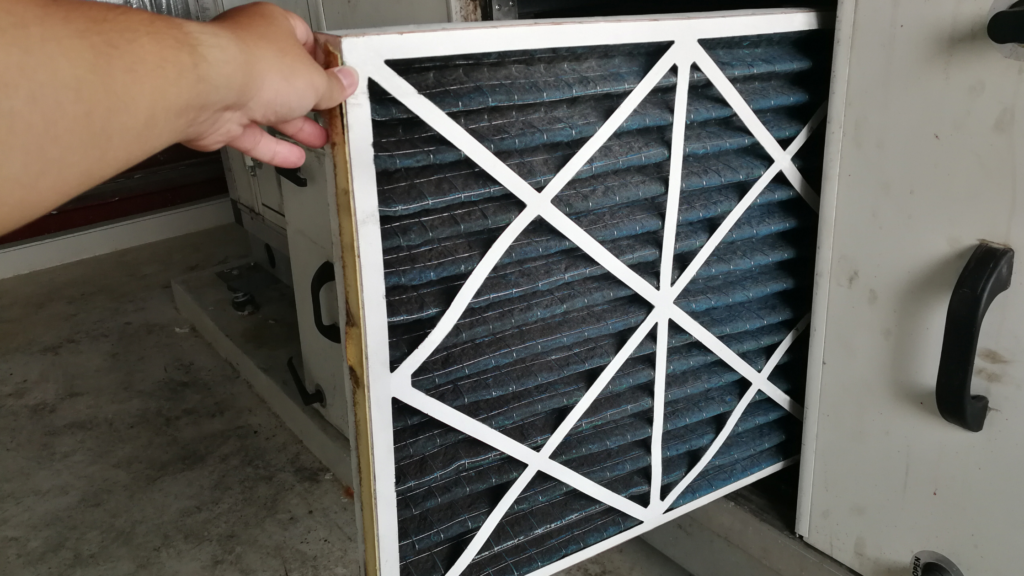Are you tired of experiencing unexpected HVAC issues in your home? Do you feel like you’re constantly calling a technician for repairs and spending money on these unexpected expenses? As a homeowner, taking care of your HVAC system is an important responsibility that can save you time and money in the long run. Understanding how to troubleshoot common problems with your heating, ventilation, and air conditioning unit can help prevent breakdowns and extend its lifespan. In this blog post, we’ll be discussing five crucial HVAC troubleshooting tips that every homeowner should know to keep their systems running smoothly. So whether you’re a new homeowner or looking to brush up on your maintenance skills, keep reading to learn some valuable insights from the experts!
- Clean or replace air filters – Air filters can get clogged with dust, dirt, and other debris, which can restrict airflow and reduce the efficiency of your HVAC system. Dirty filters can also cause your system to work harder, leading to higher energy bills. Therefore, it’s essential to clean or replace your air filters regularly, depending on their type and level of usage.
- Check the thermostat settings – If your HVAC system is not heating or cooling your home, the first thing you should check is the thermostat settings. Make sure that the temperature setting is correct and that the programming is working correctly. You can also try changing the batteries or referring to the user manual for troubleshooting tips.
- Inspect the ductwork – Ductwork is responsible for distributing heated or cooled air throughout your home. If the ducts are damaged, corroded, or poorly insulated, then it can lead to air leaks, which can waste energy and reduce your home’s comfort. Inspect your ductwork regularly for any signs of damage, such as loose connections, cracks, or holes, and hire a professional to repair or replace it if needed.
- Check the outdoor unit – If your HVAC system is not functioning correctly, it’s worth inspecting the outdoor unit to see if it’s working correctly. Make sure that there are no leaves, debris, or plants obstructing the airflow, preventing the unit from working correctly. You should also check the refrigerant levels, compressor, and electrical connections for any signs of damage or wear.
- Schedule professional maintenance – Regular maintenance is essential for keeping your HVAC system running efficiently and preventing costly repairs. Hire a professional NJ HVAC technician to inspect and tune-up your system at least once a year. The technician can clean the coils, lubricate the moving parts, check the electrical connections, and identify any potential issues before they become a more significant problem.
In conclusion, having a basic understanding of HVAC troubleshooting can save you time and money in the long run. As a homeowner, it is crucial to be familiar with these troubleshooting tips in order to avoid costly repairs and unexpected breakdowns. So take some time to practice these tips and make sure you know who to call for heater repair NJ if needed. Don’t wait until it’s too late – being proactive about maintaining your HVAC system will not only save you time and money but also provide you with peace of mind during those cold winter months.




